Flight Delayed? Lost Luggage? Essential Rights Every Traveler Should Know
The first step in navigating travel hiccups is understanding your basic rights as an airline passenger. The U.S. Department of Transportation (DOT) and the European Union have set regulations to protect passengers. These regulations cover issues like compensation for delays, cancellations, and overbooking. Familiarizing yourself with these rights is crucial, as airlines are obligated to inform passengers about their entitlements. Knowing these rights empowers travelers to demand what is due to them, ensuring they are not taken advantage of during stressful situations.
1. Compensation for Flight Delays

One of the most frustrating aspects of air travel is dealing with flight delays. However, passengers may be entitled to compensation depending on the circumstances and the length of the delay. In the EU, for example, Regulation 261/2004 mandates compensation for delays over three hours, unless caused by extraordinary circumstances. In the U.S., compensation is less standardized, but airlines often provide meal vouchers or accommodations for significant delays. Understanding these compensations allows travelers to negotiate effectively with airlines to receive what they are entitled to.
2. Handling Flight Cancellations

Flight cancellations can derail travel plans, but knowing your rights can mitigate the disruption. Airlines are required to offer passengers the choice between a refund or an alternative flight. In the EU, additional compensation may be due if the cancellation occurs less than 14 days before departure. In the U.S., while compensation is less regulated, airlines often provide rebooking options. Travelers should act promptly, contacting airline representatives and exploring all available options to minimize the impact on their itinerary.
3. Dealing with Overbooking
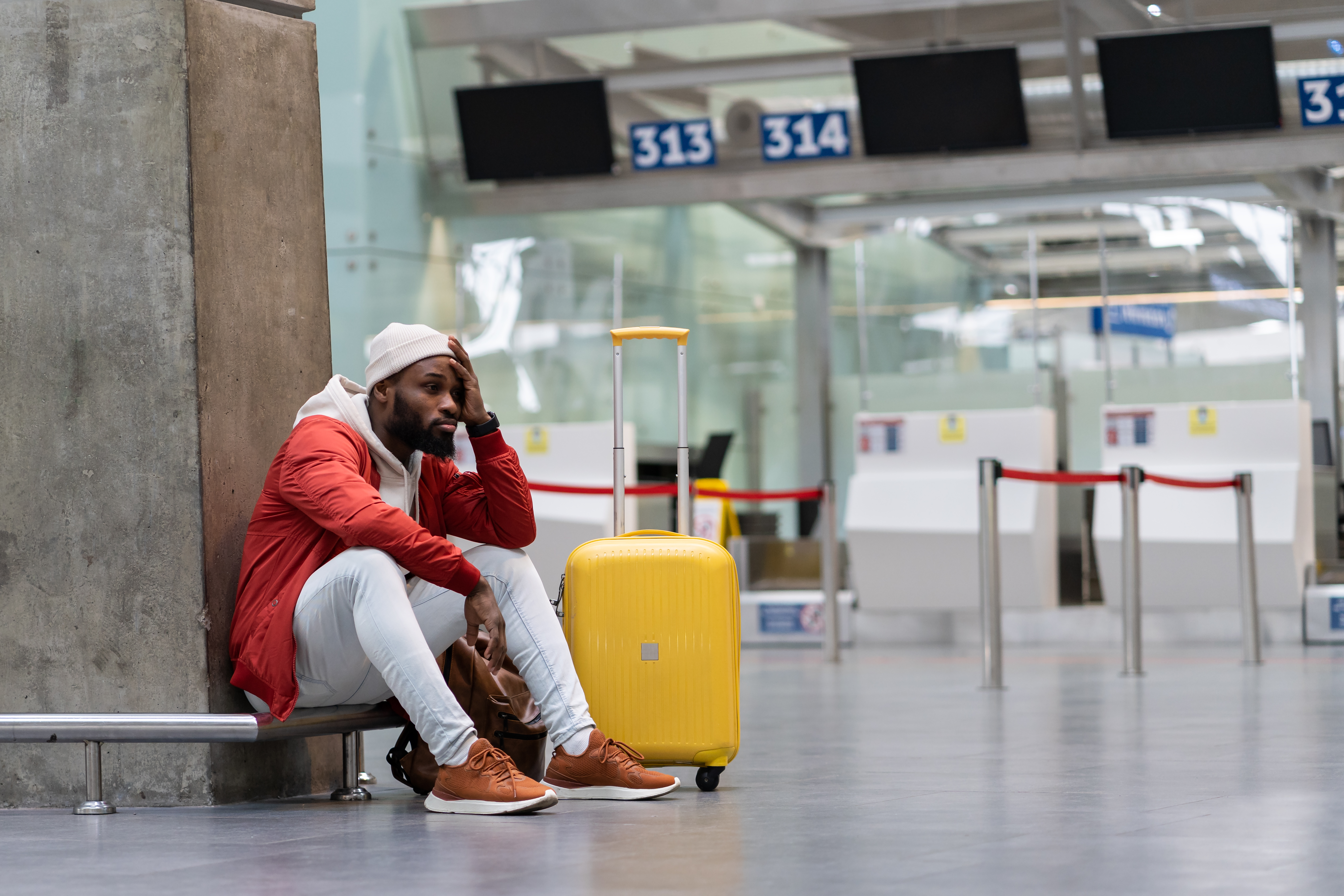
Overbooking is a common airline practice where more tickets are sold than available seats. If bumped from a flight, passengers are entitled to compensation and alternative travel arrangements. In the U.S., compensation depends on the delay caused by rebooking, while EU regulations provide fixed compensation amounts. Passengers should negotiate assertively, ensuring they receive adequate compensation and timely rebooking. Understanding these rights helps travelers handle overbooking situations with confidence, minimizing inconvenience.
4. Managing Lost or Delayed Luggage
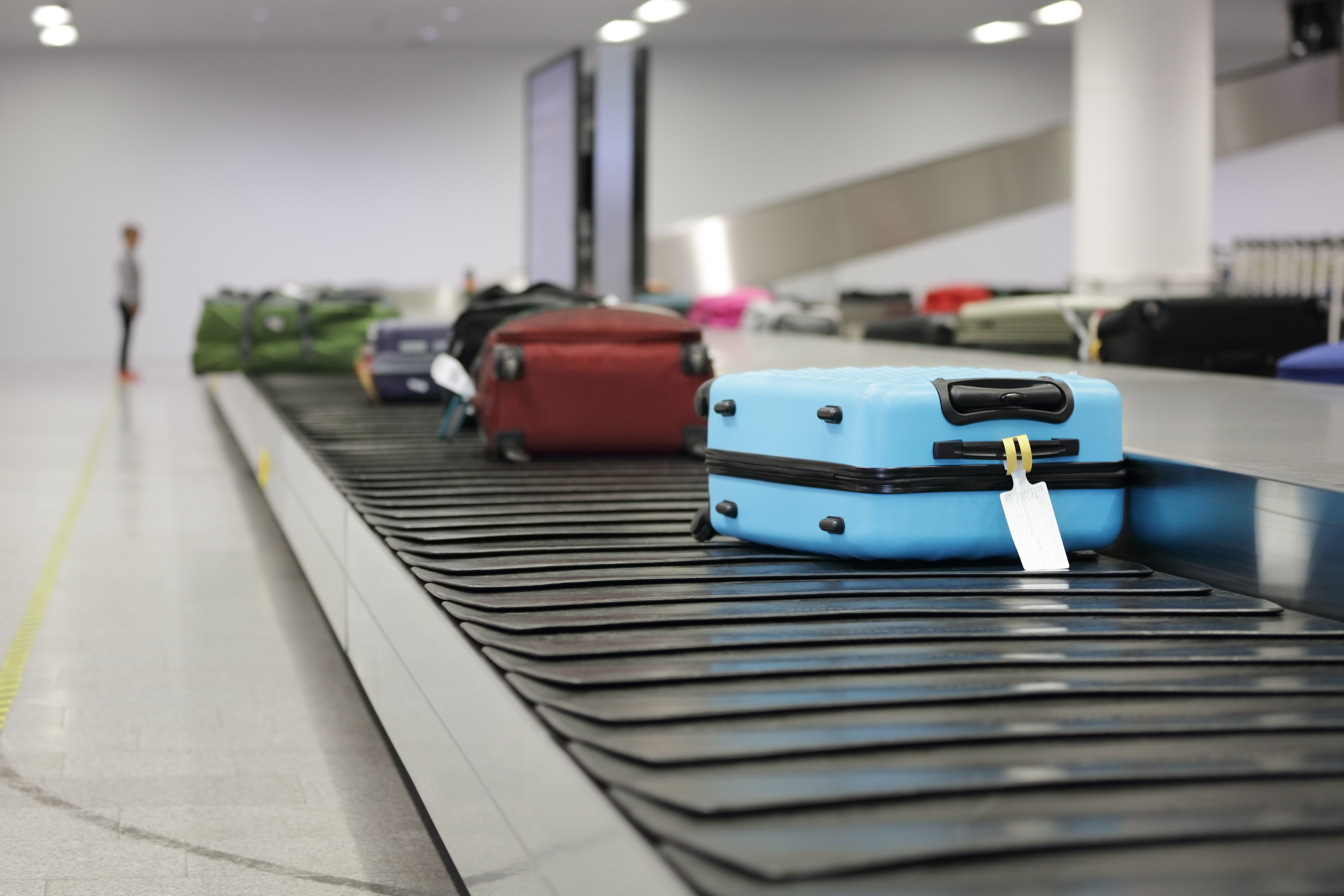
Lost or delayed luggage is a nightmare for any traveler, but knowing your rights can ease the burden. Airlines are responsible for compensating passengers for lost, delayed, or damaged baggage. Compensation limits vary, with the Montreal Convention setting international standards. Travelers should file a report immediately upon discovering the issue, keeping all relevant documentation and receipts. Being proactive and informed ensures that travelers receive fair compensation and resolution for their luggage woes.
5. Rights for Passengers with Disabilities
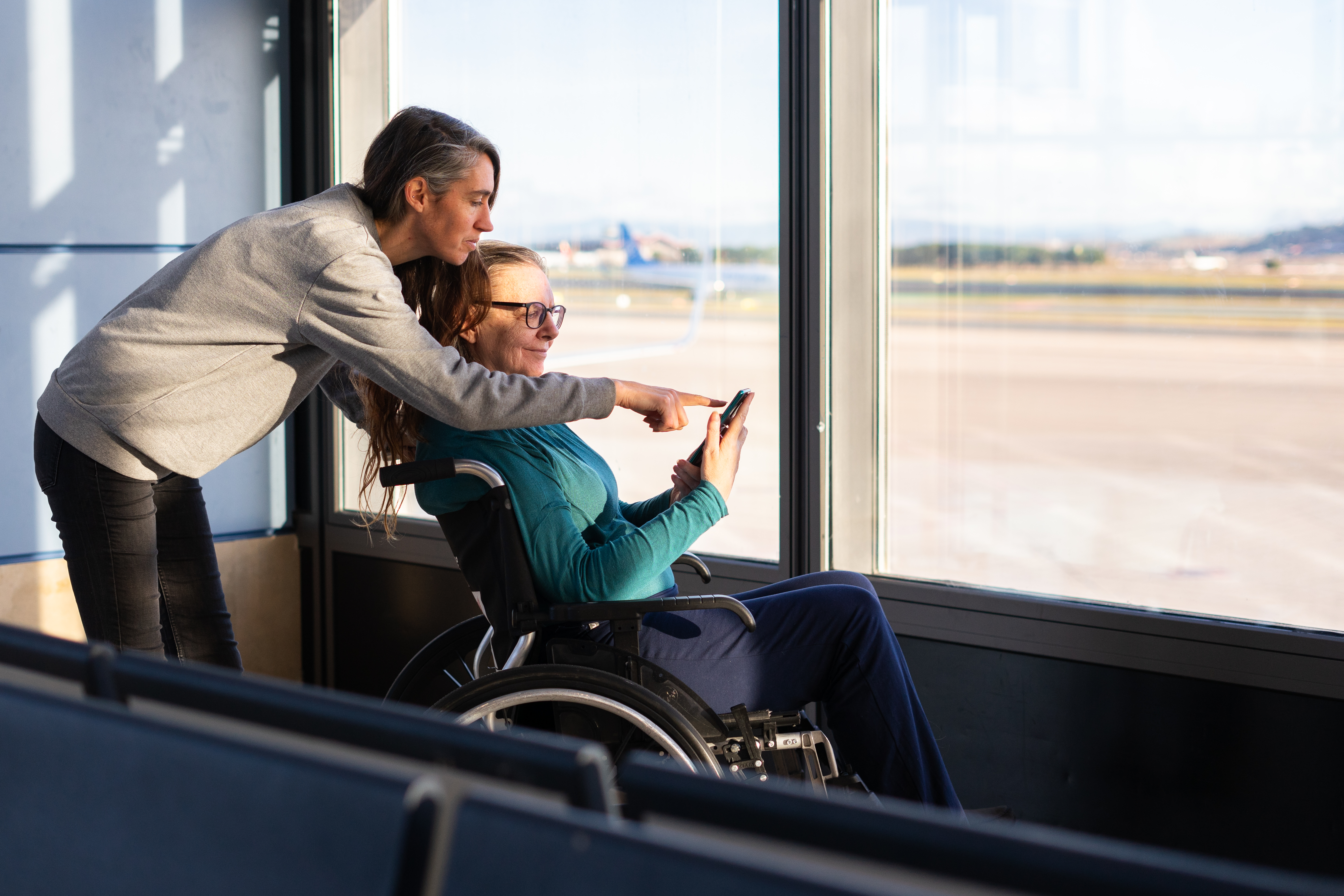
Passengers with disabilities are entitled to specific rights to ensure a comfortable and accessible travel experience. The Air Carrier Access Act in the U.S. and similar regulations in other regions mandate that airlines provide necessary assistance, such as boarding help and accessible seating. Travelers should notify airlines of any special needs well in advance and familiarize themselves with the specific accommodations available. Understanding these rights ensures that passengers with disabilities receive the support they need, reducing travel stress.
6. The Importance of Travel Insurance
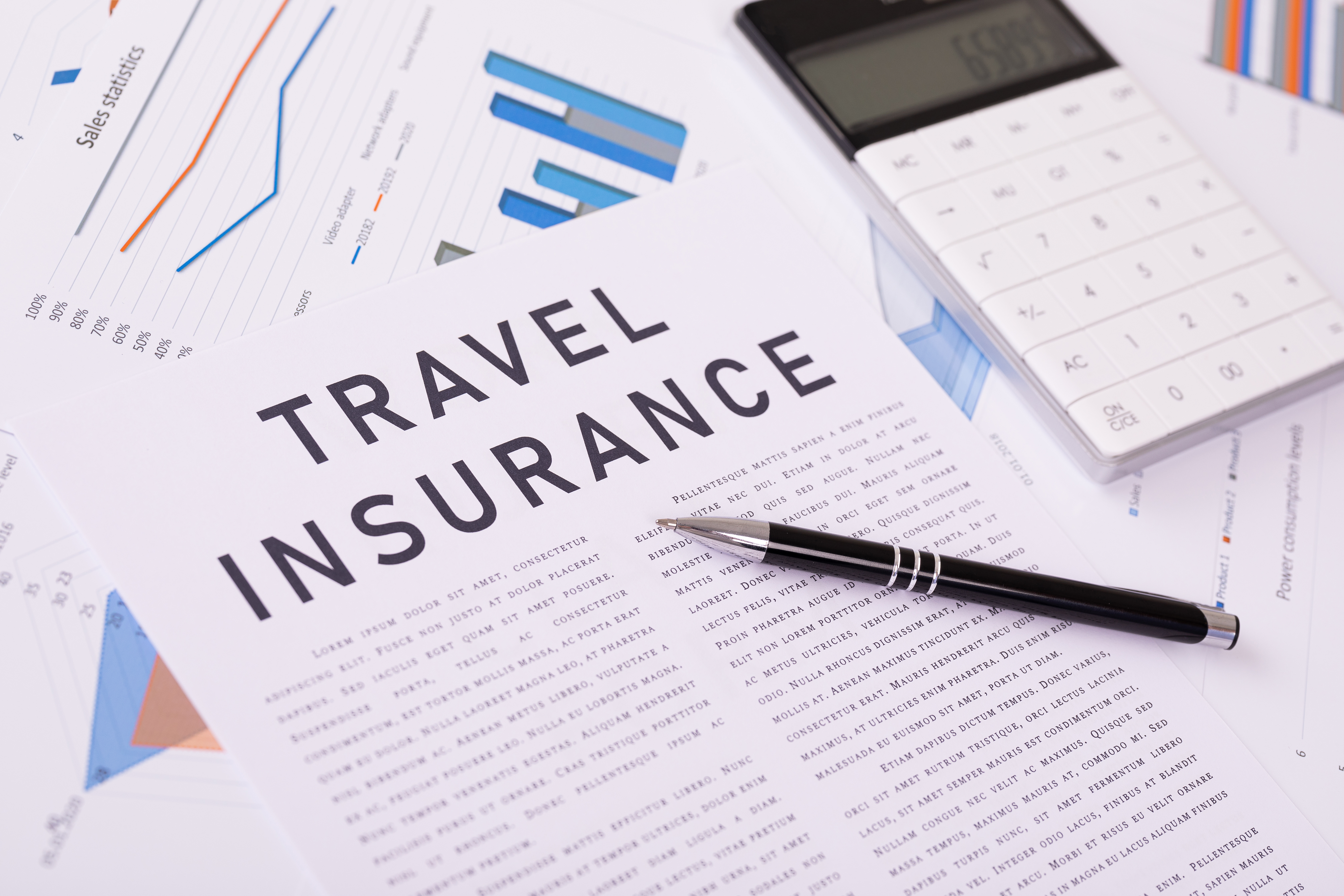
Travel insurance is a crucial tool for managing travel hiccups like flight delays and lost luggage. Policies vary, but most offer coverage for trip cancellations, interruptions, and lost baggage. Travelers should carefully review policy terms to understand the extent of coverage, ensuring it aligns with their travel needs. Having travel insurance provides peace of mind, offering financial protection and assistance in navigating unexpected travel challenges.
7. Utilizing Airline Customer Service

Effective communication with airline customer service is vital when facing travel disruptions. Passengers should remain calm and polite while clearly stating their issues and desired resolutions. Documenting all interactions and keeping a record of names and times can be helpful if disputes arise. Understanding the airline's complaint procedures and escalation channels ensures that travelers can assert their rights effectively, leading to satisfactory resolutions.
8. Leveraging Social Media

In the digital age, social media has become a powerful tool for addressing travel issues. Airlines monitor their social media channels, often responding promptly to public complaints. Travelers can use platforms like Twitter to highlight their issues, ensuring they are addressed quickly. Crafting a concise, factual message and tagging the airline can expedite resolutions, providing an alternative channel for seeking assistance when traditional methods fall short.
9. Knowing Your Rights in Different Countries
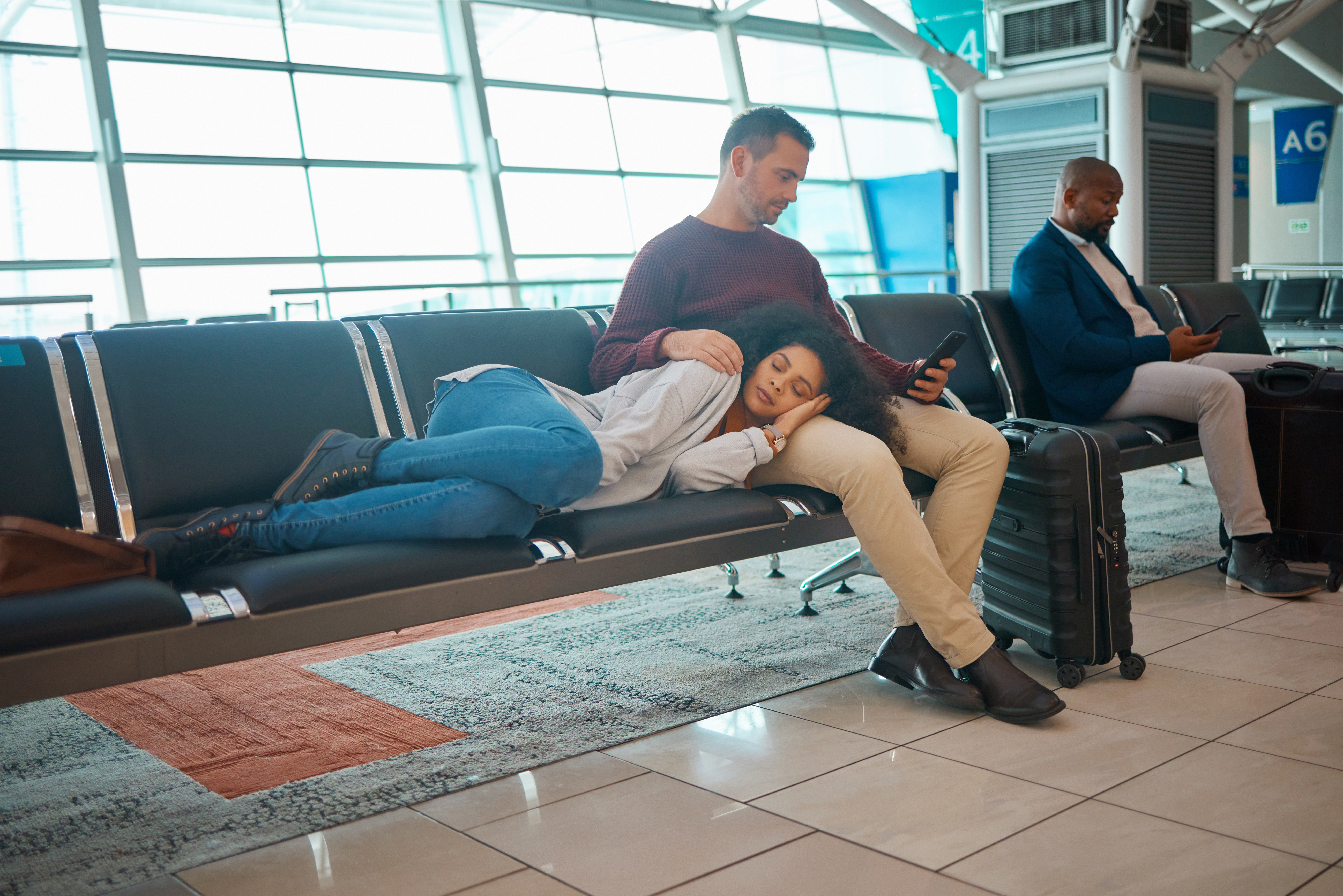
Travelers should be aware that passenger rights can vary significantly between countries. The EU, for instance, has robust passenger protection laws, while other regions may have less stringent regulations. Understanding these differences is crucial for international travelers, as it affects the compensation and assistance they can expect. Researching the specific rights applicable in the destination country ensures travelers are well-prepared to handle any travel disruptions they may encounter.
10. Preparing for Travel Disruptions
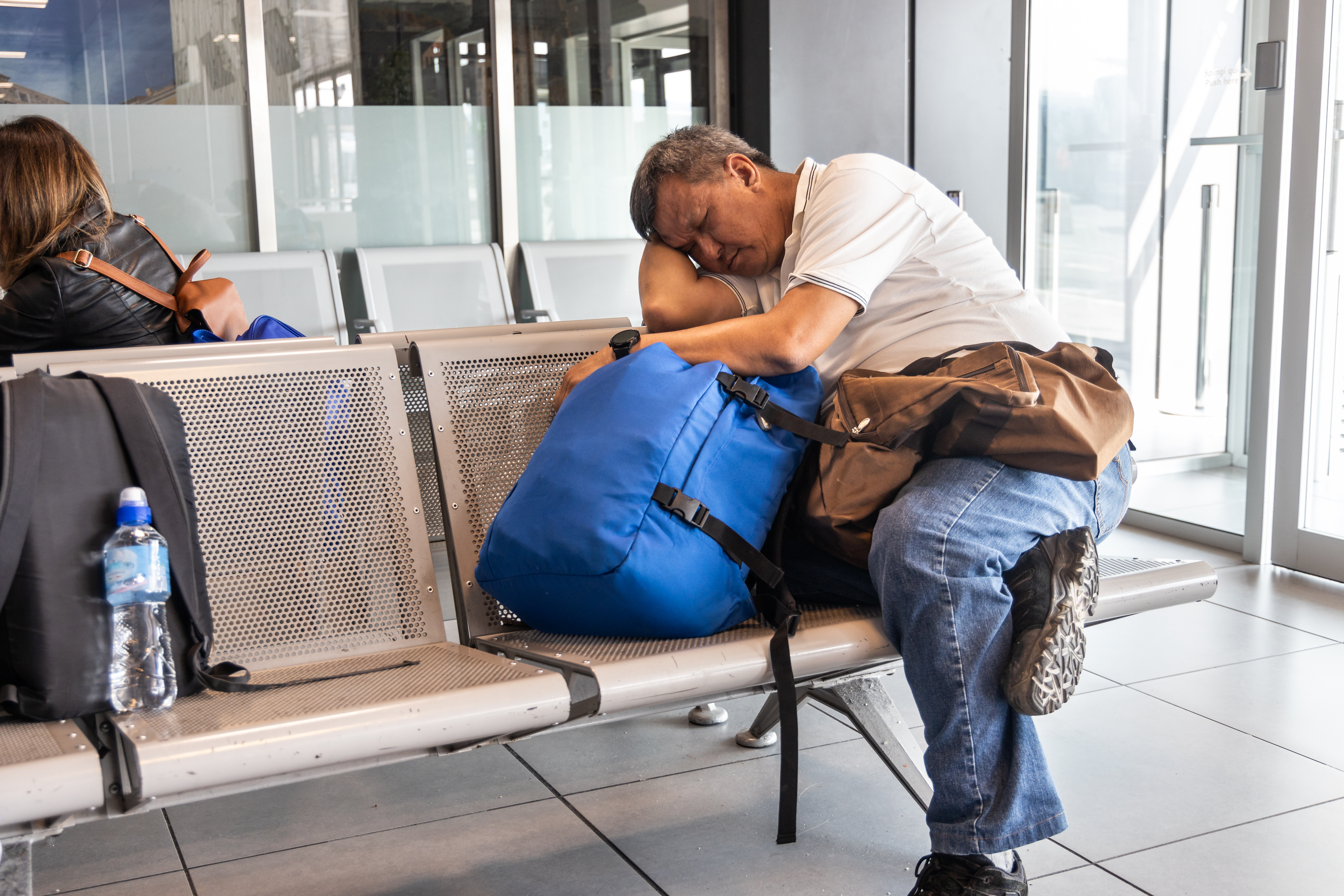
Preparation is key to managing travel hiccups effectively. Travelers should plan for potential disruptions by allowing extra time in their itineraries and keeping essential items in carry-on luggage. Having a backup plan, such as alternative flight options or accommodations, can reduce stress when issues arise. Being prepared ensures that travelers can adapt quickly to changes, minimizing the impact of unexpected travel challenges.
11. The Role of Consumer Advocacy Groups

Consumer advocacy groups play a vital role in protecting traveler rights. Organizations like AirHelp and the European Consumer Centre offer assistance in claiming compensation and resolving disputes. These groups provide valuable resources and support, helping travelers navigate complex regulations and assert their rights. Engaging with consumer advocacy groups can be an effective strategy for travelers seeking to ensure fair treatment and resolution of travel issues.
12. Staying Informed and Proactive

Staying informed about airline policies and passenger rights is crucial for smart travelers. Regularly checking airline websites and government resources keeps travelers updated on any changes to regulations. Being proactive in seeking information and asserting rights ensures that travelers are prepared to handle any travel disruptions confidently. An informed traveler is an empowered traveler, capable of navigating the complexities of modern air travel with ease.
Empowering the Smart Traveler
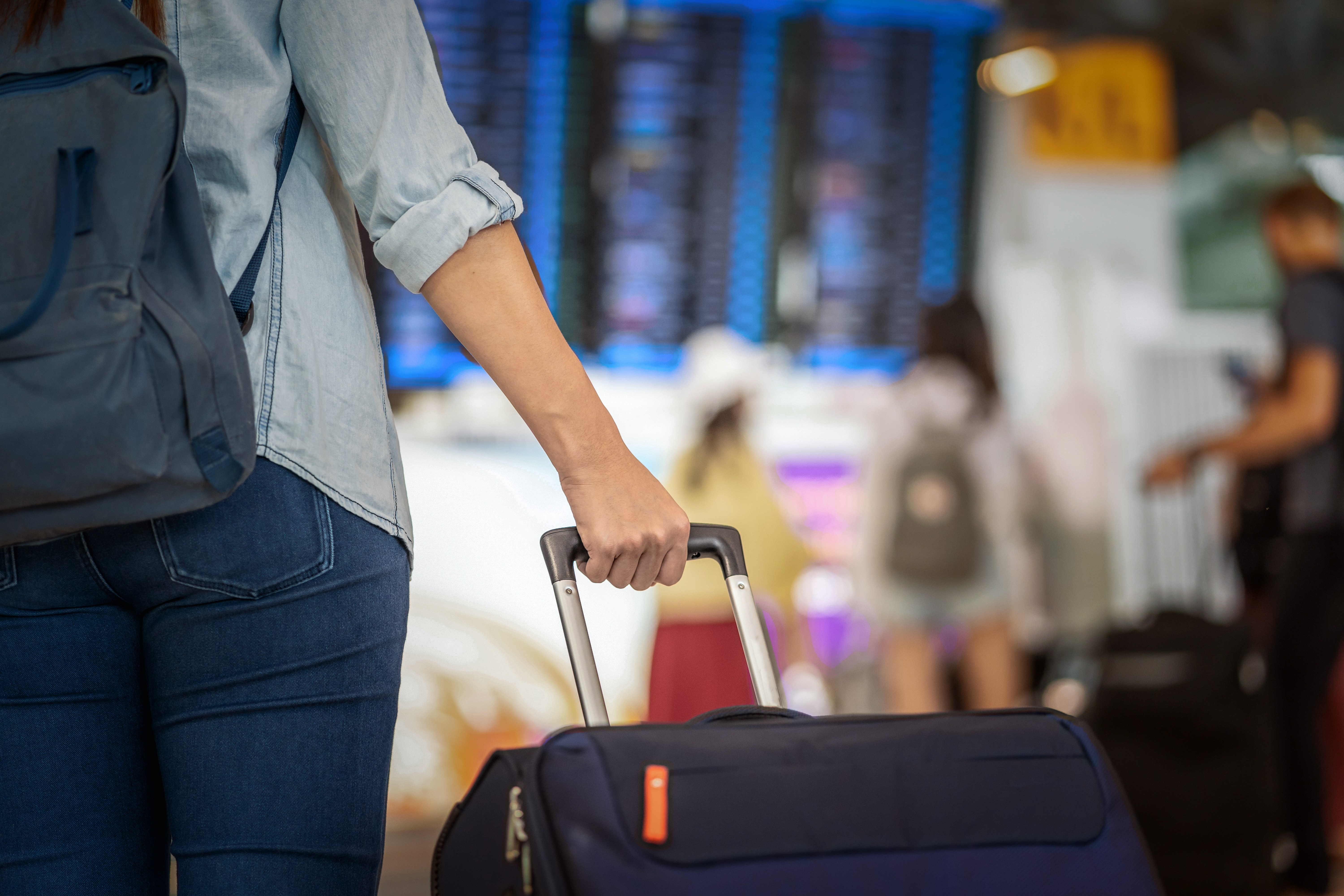
Navigating travel hiccups like flight delays and lost luggage requires more than just patience; it demands knowledge and proactive engagement. By understanding and asserting their rights, travelers can effectively manage disruptions, ensuring a smoother travel experience. This guide provides the essential knowledge needed to empower travelers, enabling them to face travel challenges with confidence and resilience. As the world of travel continues to evolve, staying informed and prepared remains the key to a successful journey.








